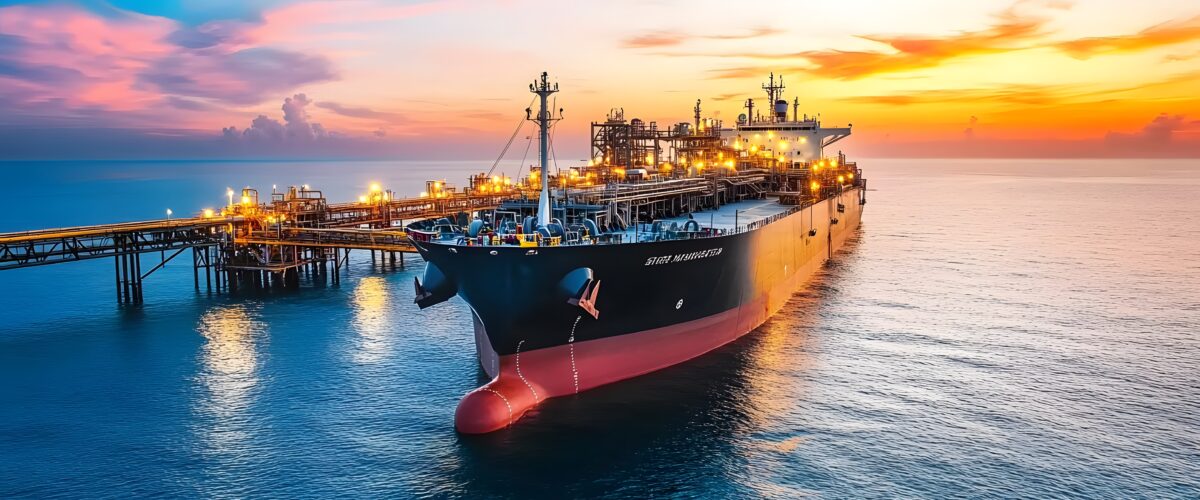Africa’s energy landscape is undergoing a transformation that is gradually reshaping global petroleum trade. Once viewed largely as a resource-exporting continent, Africa is now emerging as a complex player—balancing domestic energy needs, infrastructure expansion, and participation in international markets. For traders, investors, and policymakers, this shift signals both new opportunities and evolving challenges.
From Resource Hub to Market Player
Africa has long been central to the petroleum story. Nigeria, Angola, and Libya have supplied crude oil to global markets for decades. However, the narrative is shifting from extraction and export to integration and development. Increasingly, African states are investing in refining capacity, storage, and distribution networks to capture more value domestically.
- Nigeria’s Dangote Refinery, the largest in Africa, is a milestone. With a capacity to refine 650,000 barrels per day, it aims to reduce dependence on imported fuels while positioning Nigeria as a regional hub for refined products.
- Angola and Ghana are exploring new downstream infrastructure to secure energy supply and attract regional trade flows.
- East Africa, with discoveries in Uganda, Kenya, and Mozambique, is opening new frontiers for both crude production and liquefied natural gas (LNG) exports.
This evolution means Africa is no longer only a crude supplier—it is becoming both a consumer and a competitive player in refined product trading.
Domestic Demand Driving Change
Africa’s energy consumption is rising sharply due to rapid urbanization, industrial growth, and demographic expansion. The continent’s population is expected to reach 2.5 billion by 2050, with energy demand to match. While renewables are gaining traction, petroleum remains vital for transportation, power generation, and industrial activity.
This domestic demand is shifting trade flows:
- More crude is being refined locally rather than exported.
- Regional petroleum product trading—between West, East, and Southern Africa—is becoming more active.
- Imports of refined products are expected to decline in some countries, reducing the influence of traditional suppliers in Europe and Asia.
The Role of Infrastructure and Policy
Africa’s ability to reshape the petroleum trade depends heavily on infrastructure and regulation. Port expansions, storage terminals, and pipeline projects are critical to improving efficiency. Midshore and offshore storage solutions are also emerging as interim solutions in regions with limited onshore capacity.
Policy frameworks are equally influential. Governments are revising fuel subsidy regimes, tightening local content requirements, and aligning with global emissions regulations. These shifts alter pricing dynamics and affect how international traders engage with African markets.
New Partnerships and Trade Patterns
Africa’s petroleum evolution is attracting new partnerships.
- Asian refiners and traders, especially from China and India, are strengthening ties with African producers to secure long-term supply.
- Middle Eastern players are investing in downstream projects, blending Africa’s crude resources with their own refining expertise.
- Regional collaborations within ECOWAS, SADC, and the African Continental Free Trade Area (AfCFTA) are laying the groundwork for more integrated petroleum and energy trade.
The result is a more diversified trading environment less dependent on traditional Atlantic Basin flows and increasingly connected to Asia and intra-African networks.
Challenges Ahead
While opportunities abound, challenges remain. Infrastructure gaps, political instability, and financing constraints still limit progress. Currency volatility and regulatory inconsistency also increase trading risk. Moreover, as the global energy transition accelerates, Africa must balance petroleum development with growing investments in renewables, gas, and biofuels.
Africa’s emerging energy sector is no longer just a source of crude it is reshaping how petroleum is produced, refined, and traded. By expanding refining capacity, deepening domestic markets, and forging new international partnerships, the continent is repositioning itself in global energy flows. For traders and investors, Africa is becoming not just a frontier but a focal point in the evolving petroleum trade.
Read more on Sparkview Energy:
The Role of Oil and Gas in Geopolitical Conflicts
From Crude Oil to Finished Products: The Journey of Petroleum
Liquefied Natural Gas (LNG) Market: Trends and Global Demand

